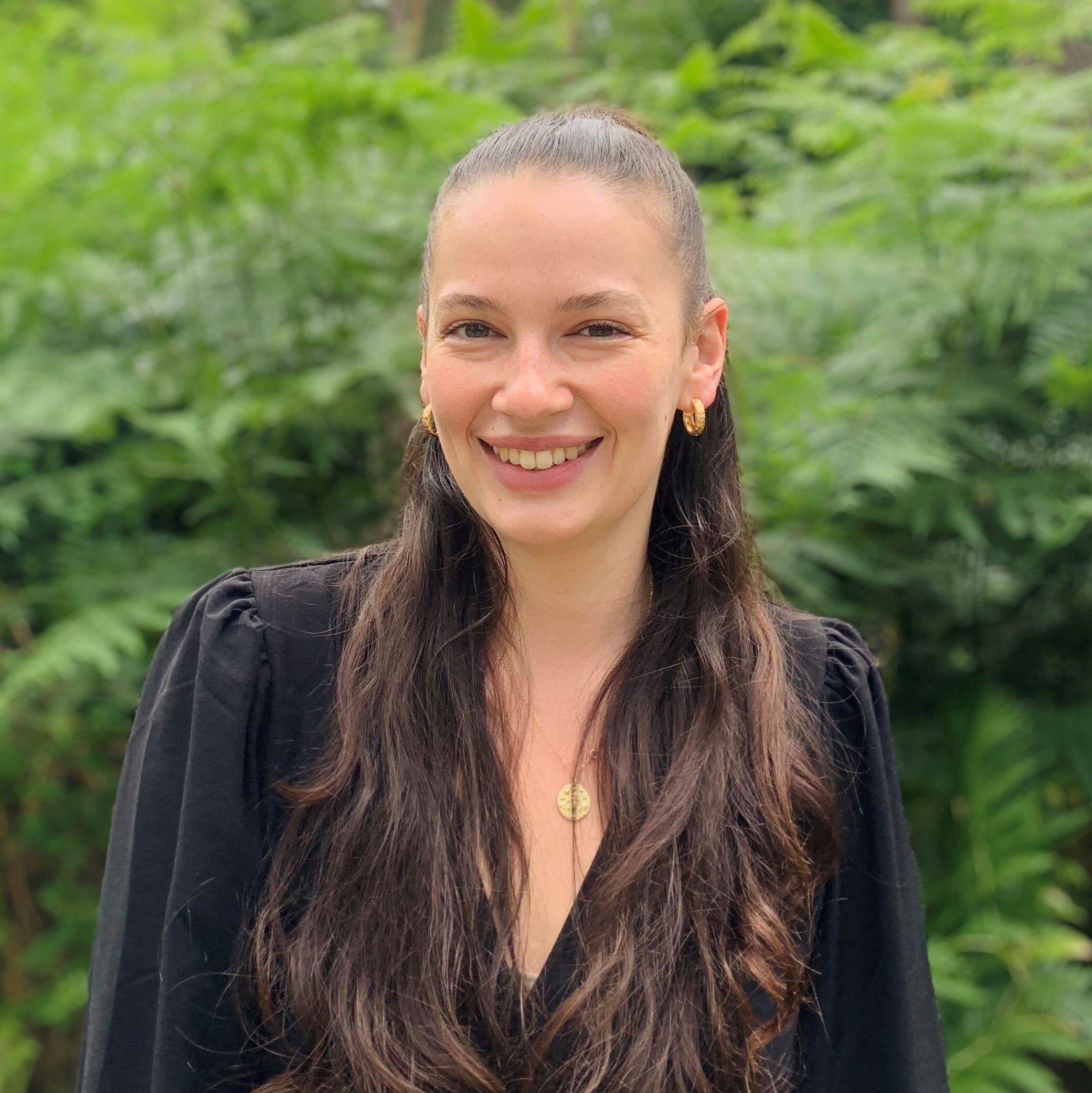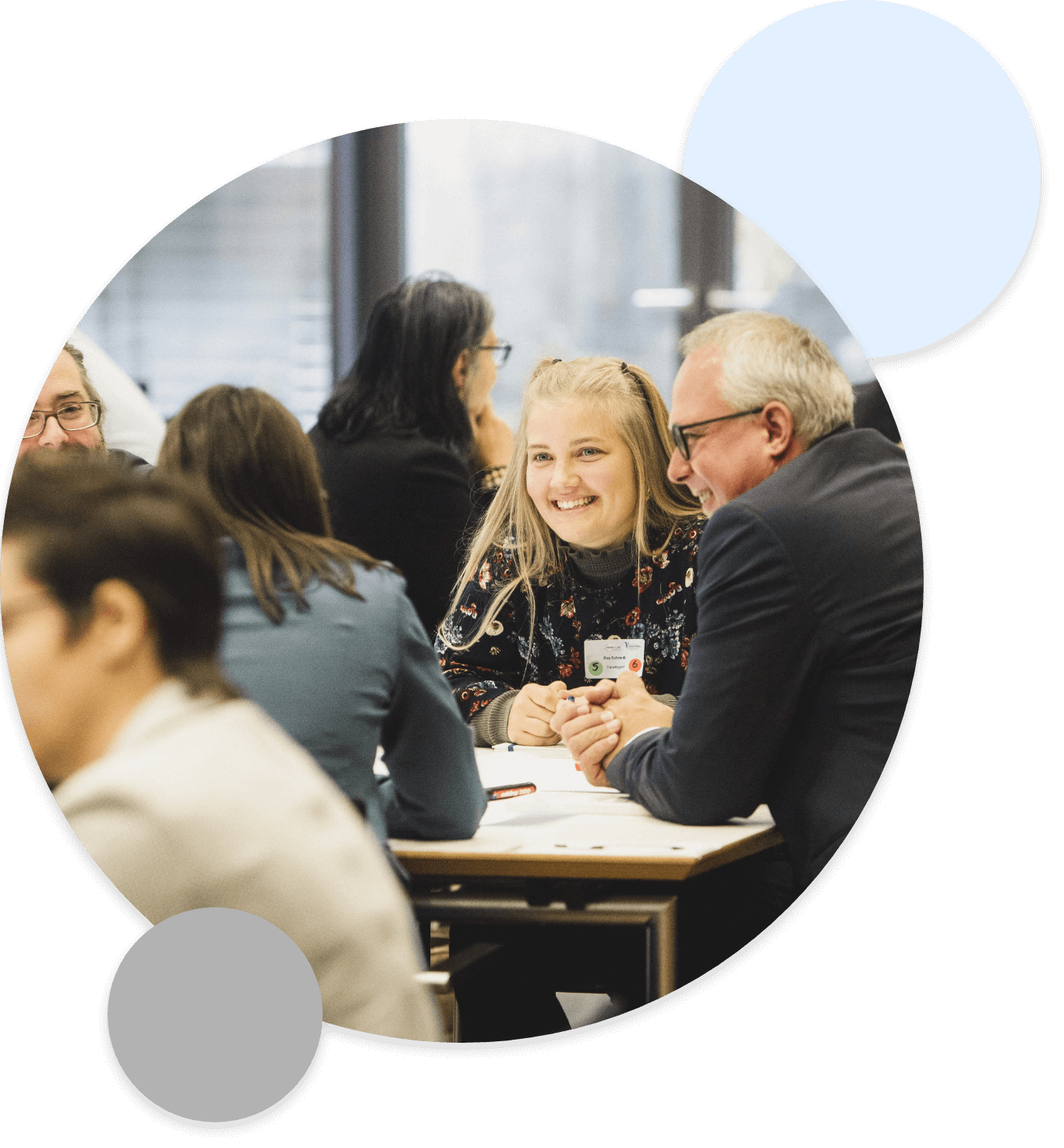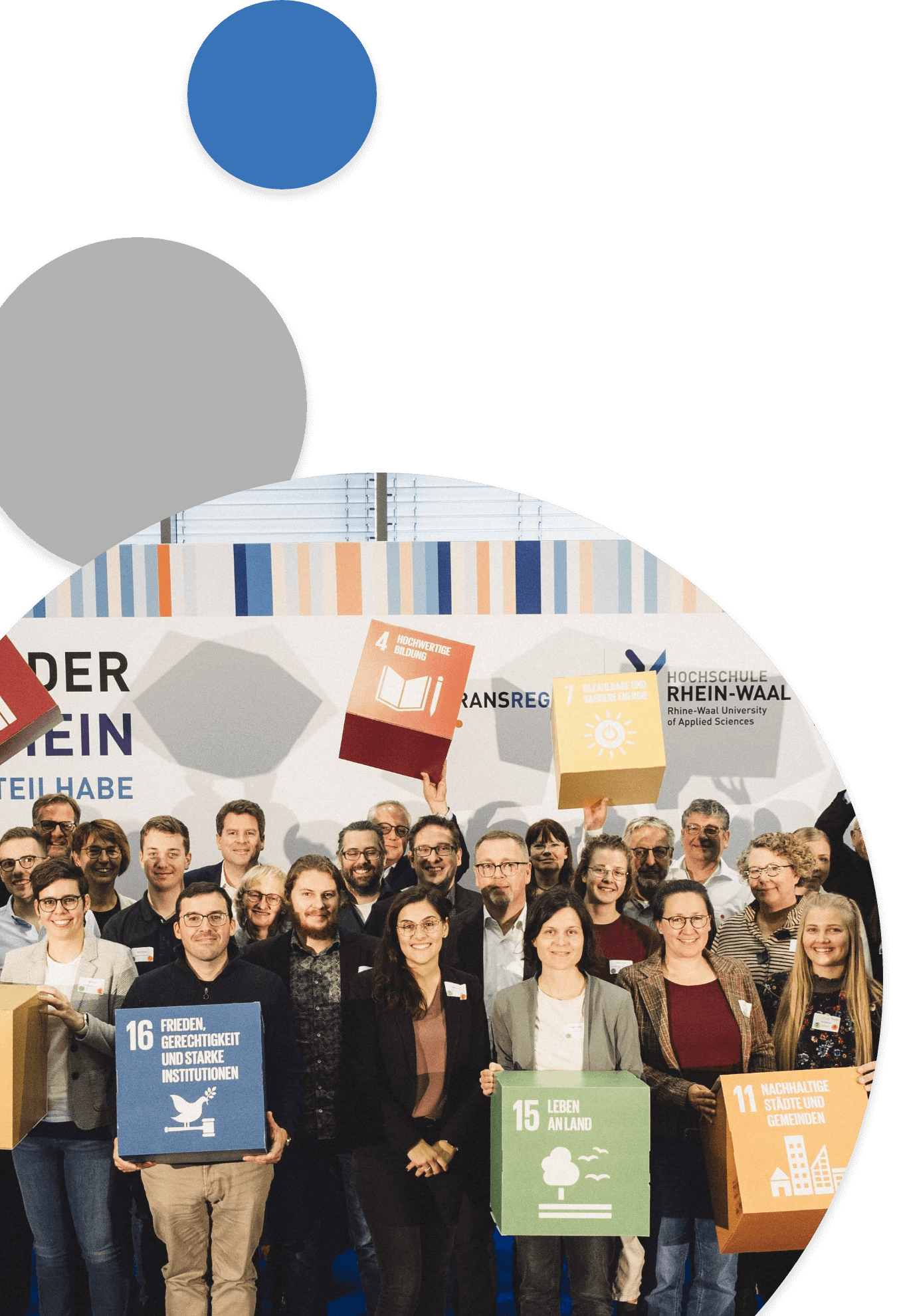
Focus on the sustainable use of resources
Have you ever thought about what happens to the “waste” from agriculture and the food industry? At our evening event at DialogPunkt Kleve, we took a closer look at this exciting topic. Under the motto “Science simply explained”, researchers from Rhine-Waal University of Applied Sciences (HSRW) presented their innovative projects. They showed how we can turn waste materials into valuable resources – a topic that is also of great importance for the Lower Rhine region!
Sustainable food systems – a complex topic
Nele Vahrenhorst, coordinator of the research centre “Sustainable Food Systems 3F4F” at the HSRW, gave us an insight into the research centre. It deals with the complex processes surrounding the production, processing and consumption of food. All steps and the associated resources and waste are taken into account. With 27 projects and a team of 35 members on five continents, the HSRW is working to promote sustainable food systems and thus contribute to global food security.
From residual materials to recyclable materials – the “INGRAIN” project
Sanja Schwalb presented the “INGRAIN” project, which aims to establish a circular economy in agriculture, the textile sector and the food industry. Its motto is: “From waste to recyclables to nutrients.” A circular economy is a system in which products and materials are used, reused and recycled for as long as possible in order to minimize waste and conserve resources. In a region like the Lower Rhine, where traditional industries such as coal and textiles continue to decline, such innovative approaches are particularly important. One example of a project in the alliance is the use of residual materials to produce sustainable cellulose for textiles or as a peat substitute for plant cultivation.
INGRAIN CoMpoNent – making sensible use of residual flows
Mario Kerst then presented the “INGRAIN CoMpoNent” project, which focuses on the identification and use of residual streams in agriculture and the food industry. Whether straw or silage maize – the aim is to get more out of these residual materials than just biogas. For small family farms in particular, it is a challenge to make sensible use of their small quantities of residual materials. This is where “CoMpoNent” comes in and tries to create ideas and incentives for the utilization of residual materials such as aromas, textile fibres or fertilizer additives.
A vision for the Lower Rhine
The projects aim to strengthen agriculture and the food industry in the Lower Rhine region and establish new value chains. “By networking companies and utilizing residual materials, we want to make the region more attractive for new investments and enable a sustainable transformation process. We are working with partners from across the region and internationally to enable a sustainable transformation process and shape the future together,” Nele Vahrenhorst concluded the event.
Further information
Click here for the other events planned at DialogPunkt until June 28, 2024. Maybe we’ll see you there?
Photo: Nele Vahrenhorst




Kommentare